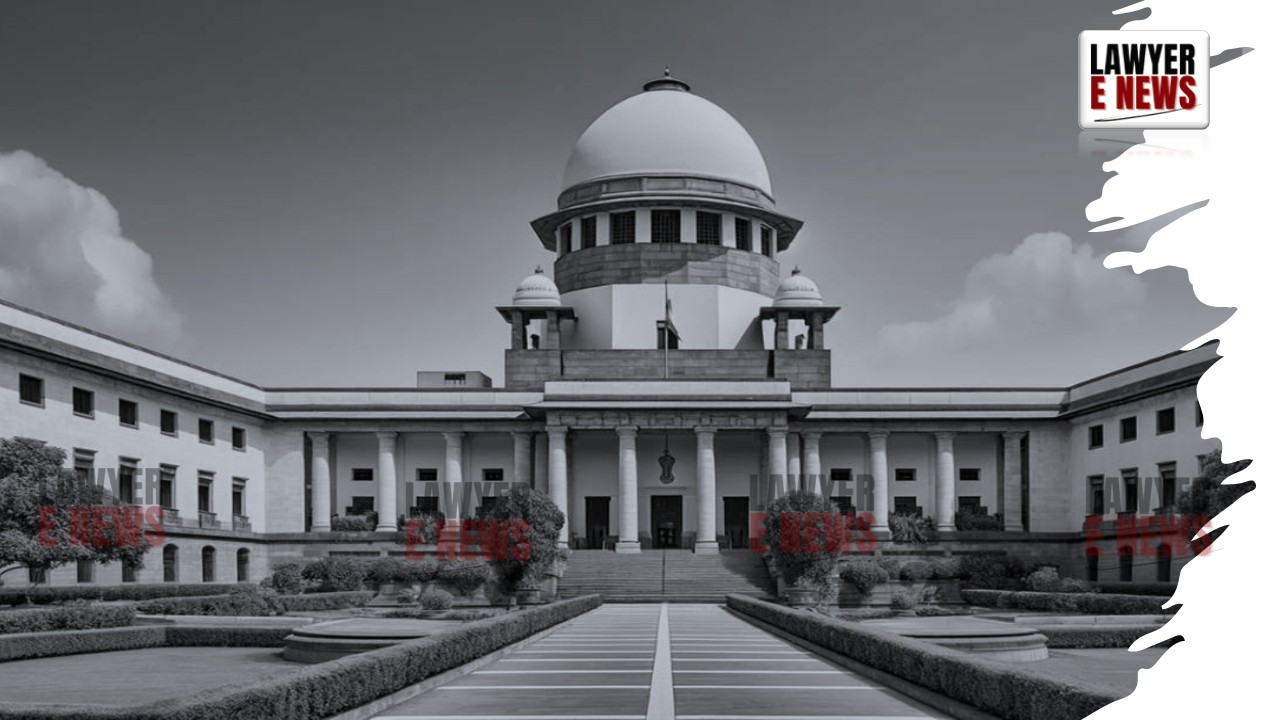-
by sayum
17 February 2026 8:32 AM



“High Court Had No Jurisdiction to Dismiss Substantive Reliefs in Interim Appeal”— In a significant ruling Supreme Court of India set aside a Bombay High Court order that prematurely dismissed prayers for declaration and injunction in a property dispute suit based on unregistered documents. Allowing the appeal the Bench comprising Justice Pamidighantam Sri Narasimha and Justice Joymalya Bagchi held: “The approach adopted by the High Court is completely illegal and unsustainable in law... there was no occasion to decide the validity of the suit or its prayers in a proceeding arising out of an interim application.”
“Substantive Reliefs Cannot Be Dismissed When Only Interim Relief Was Under Consideration”
The appellants had filed Civil Suit (L) No. 2217 of 2012 seeking a declaration of their rights over Shop No. 5, Bajarang Krupa Building, in Mumbai. They based their claim on a 1990 affidavit and a 1998 declaration, both notarized but unregistered, which allegedly evidenced relinquishment of tenancy rights by one co-tenant brother and his widow in favor of the appellants’ father.
When the trial court refused interim injunction, the appellants appealed. But the High Court, instead of merely deciding the interim injunction, went on to dismiss the declaratory reliefs in the suit, holding that the documents were inadmissible under Section 49 of the Registration Act, 1908.
The Supreme Court took strong exception to this: “In an appeal against the denial of interim injunction, the High Court could not have dismissed the suit itself in part by holding prayers (a) and (b) as infructuous or not maintainable.”
“Even Unregistered Documents Can Be Used for Collateral Purposes”
The High Court had held that the two documents were hit by Section 49 and thus inadmissible. The Supreme Court clarified that: “Whether the documents in question can be received in evidence in the suit and to what extent can be decided only at trial.”
It relied on Kale v. Deputy Director of Consolidation and other precedents that permit the use of unregistered documents for collateral purposes, especially in suits for declaration and injunction where transfer of title is not sought.
The Court emphatically observed: “This cannot be done in limine... The legality, validity, and admissibility of those documents were matters to be considered in the suit during trial.”
“Possession Protection Is Not a Substitute for Denying Trial”
The High Court had recorded the respondent’s undertaking that he would not dispossess the appellants otherwise than by due process. But then it used that statement to declare that the remaining prayers had been addressed or rendered infructuous.
Rejecting this, the Supreme Court said: “There is no basis for the High Court to record that the remaining prayers can be agitated in the defendant’s suit. This is wholly unsustainable.”
Restoring Civil Suit (L) No. 2217 of 2012 before the City Civil Court, Bombay, the Supreme Court held that the High Court’s interference in the substantive issues at an interlocutory stage was without jurisdiction. It directed that the suit proceed in accordance with law and that the appellants’ possession remain protected during its pendency.
“We are of the clear view that the High Court ought not to have examined the suit itself in a proceeding arising from an interlocutory application.”
Date of Decision: 8 May 2025
